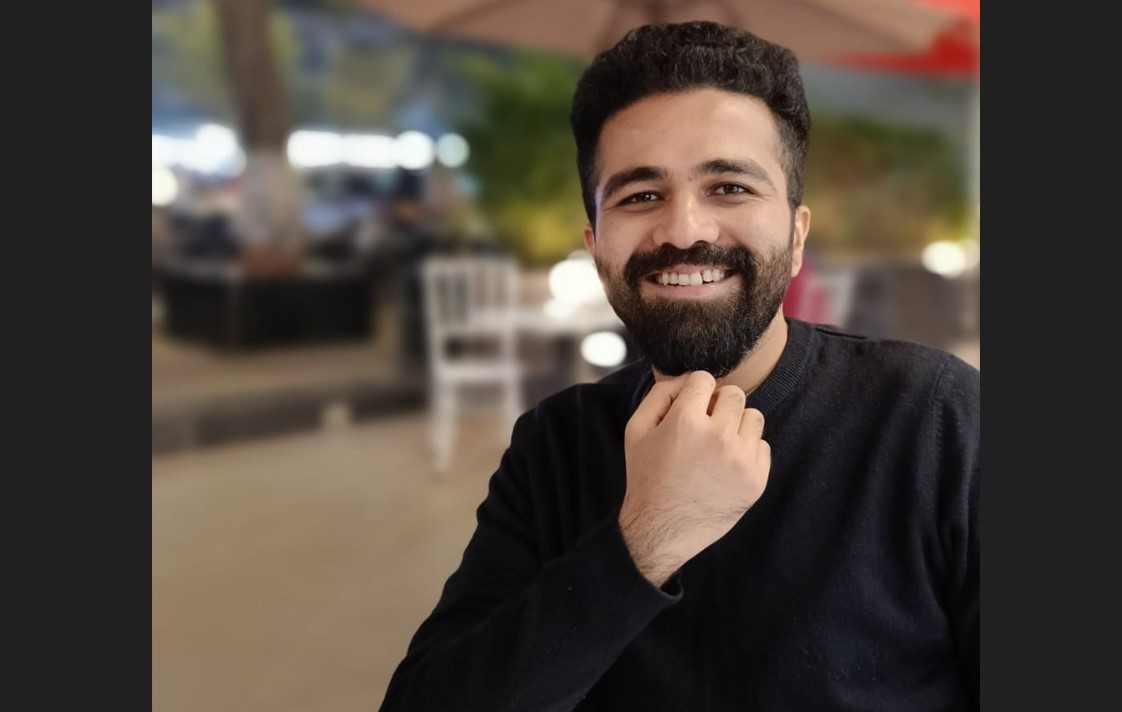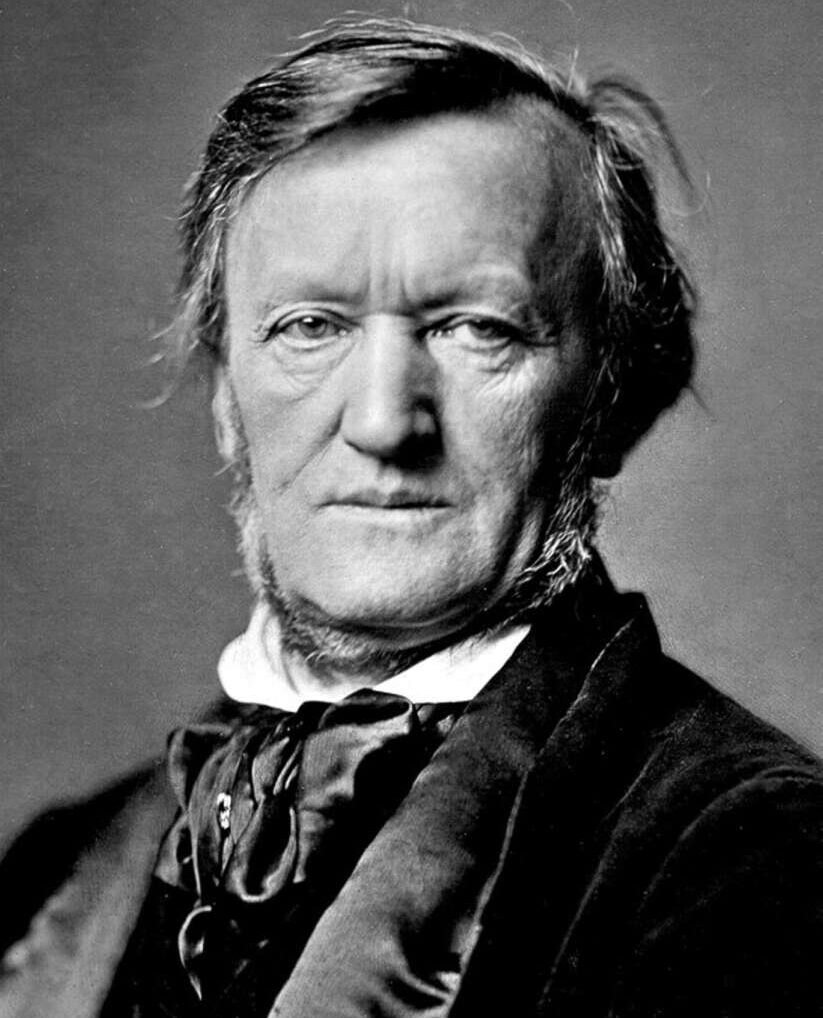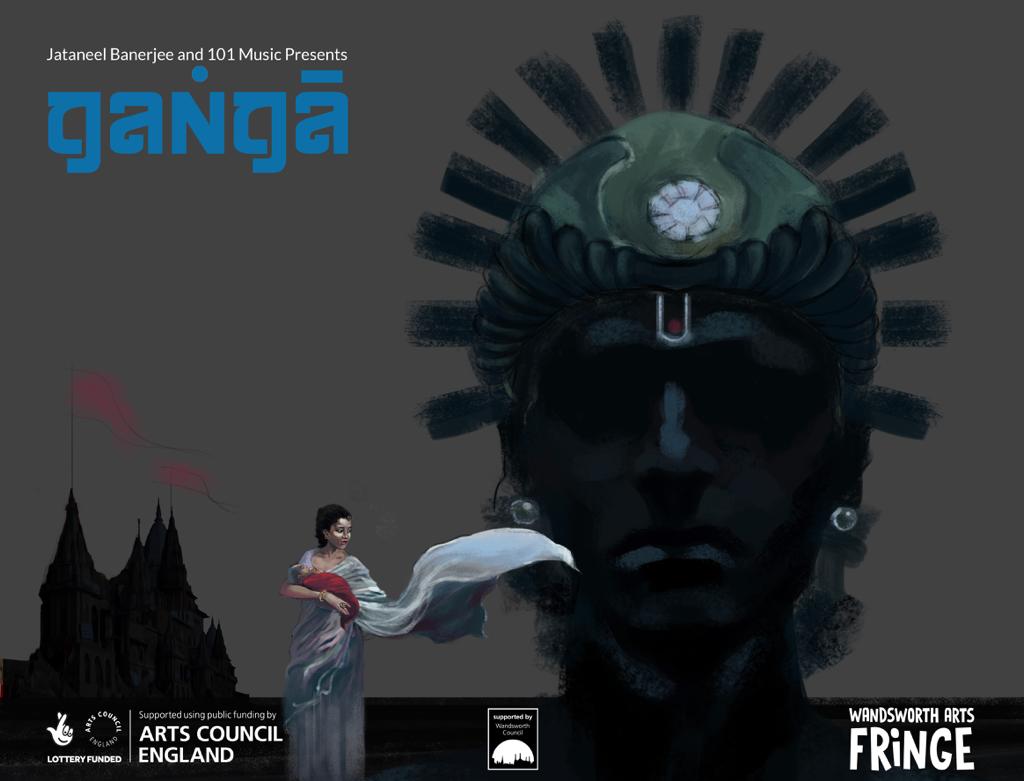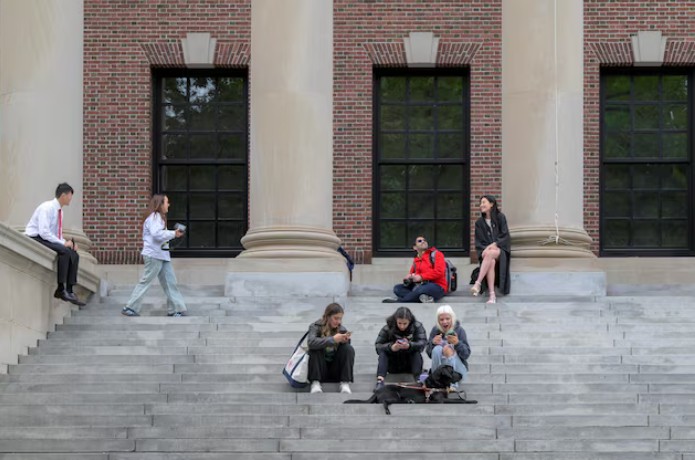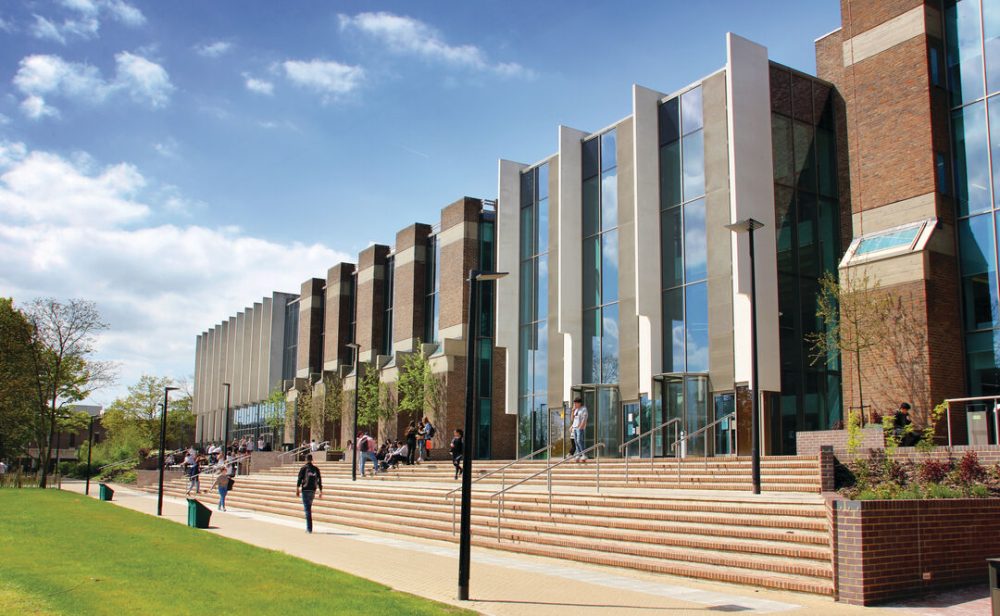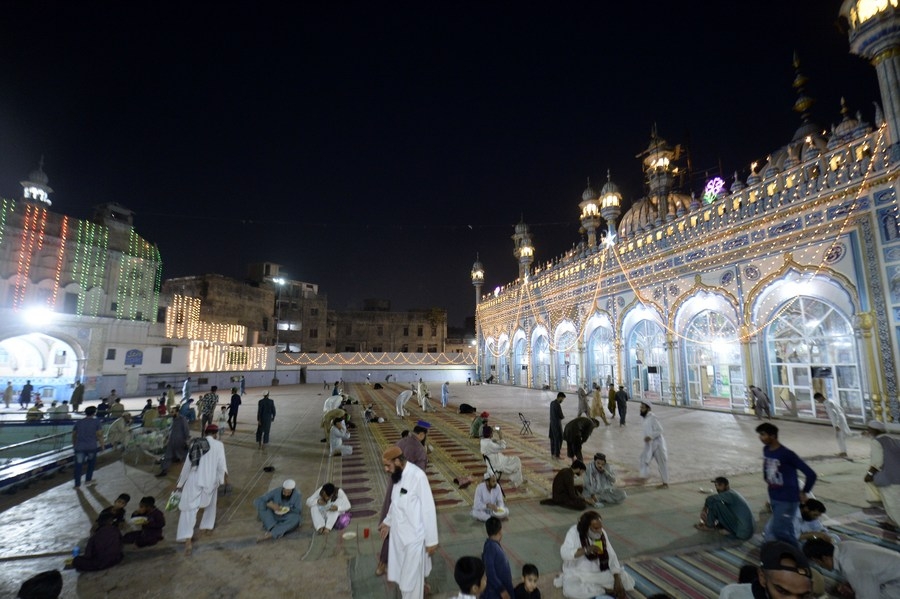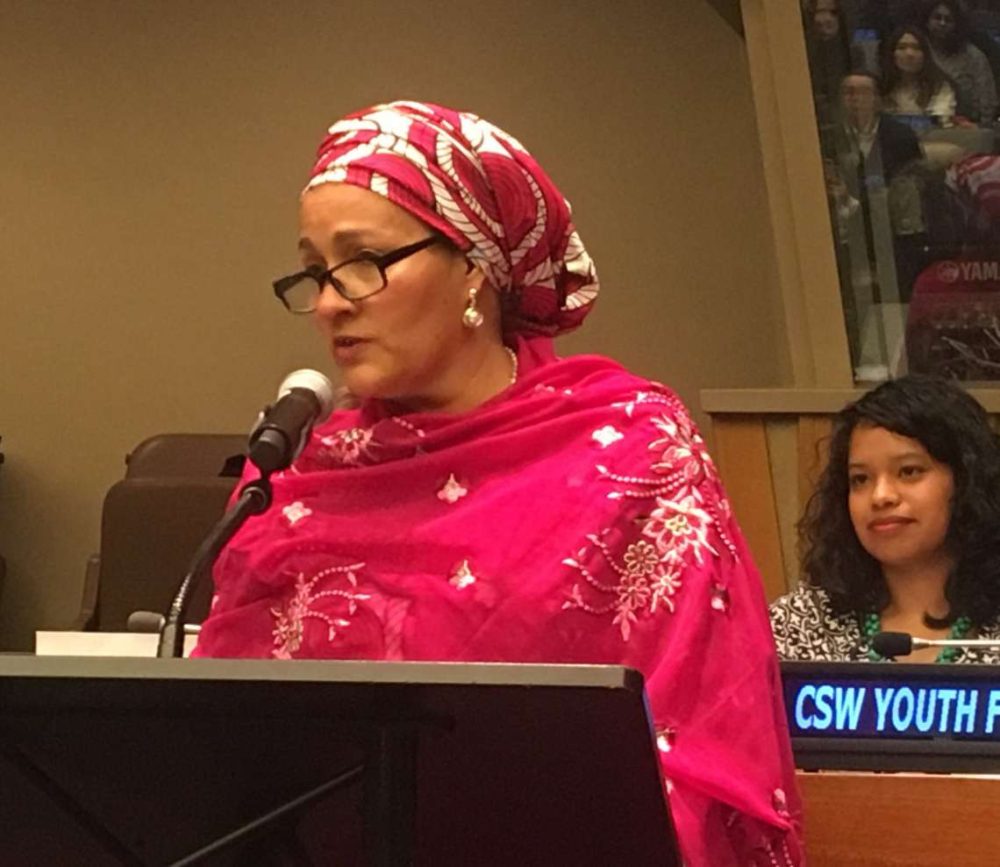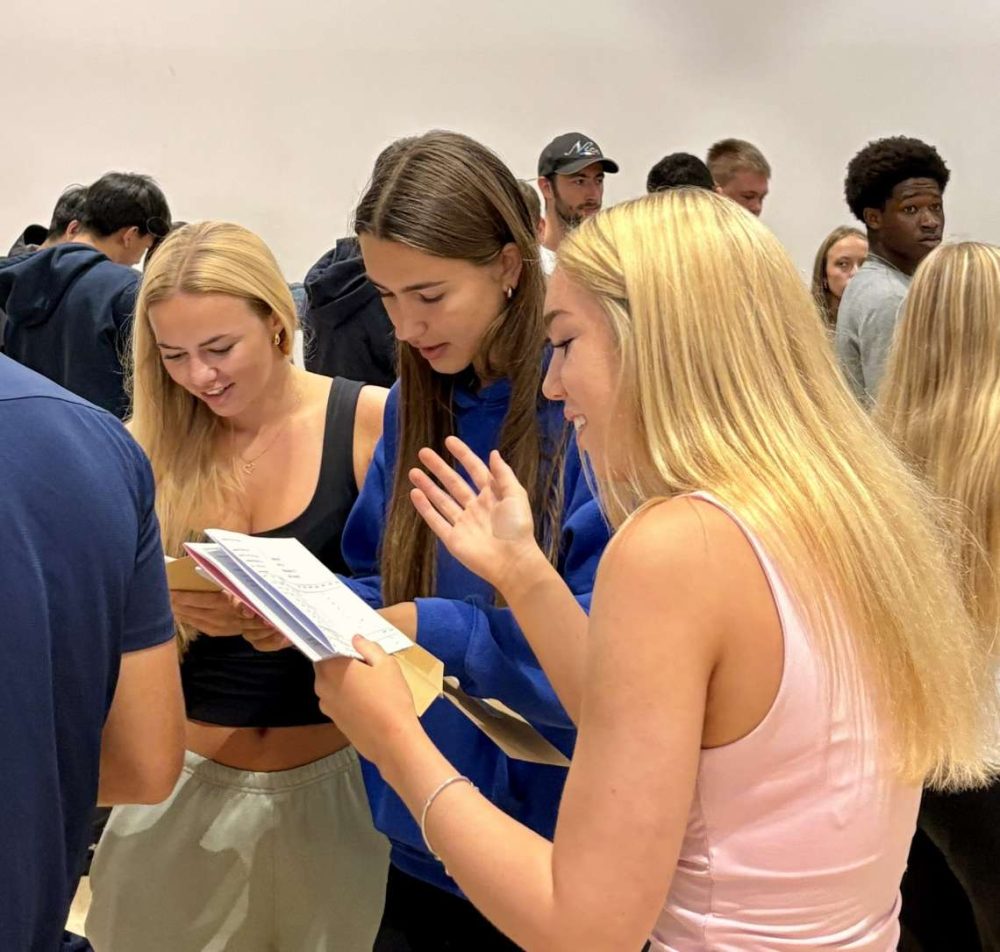How did Dr Rishi Rajpopat, a determined scholar made Sanskrit’s ‘language machine’ work for the first time in 2,500 years? An exclusive feature by columnist Riccha Grrover for Asian Lite International.
A grammatical problem which has defeated Sanskrit scholars since the 5th Century BC has finally been solved by an Indian former PhD student at the University of Cambridge.
Rishi Rajpopat (then at St John’s College) made the breakthrough by decoding a rule taught by “the father of linguistics” Pāṇini.
Rishi said “My work is in the field of Sanskrit and linguistics. The world is interested in the issue of problem solving. I’m grateful to god as there are so many intelligent people out there and it’s a humbling experience that I was able to decode this puzzle. I entered the discipline knowing what I wanted to address and set out to solve this problem and if I were to fail to solve this it would be futile so I set out with a purpose. Have a purpose is key.”
The discovery makes it possible to ‘derive’ any Sanskrit word – to construct millions of grammatically correct words including ‘mantra’ and ‘guru’ – using Pāṇini’s revered ‘language machine’ which is widely considered to be one of the greatest intellectual achievements in history.
Leading Sanskrit experts have described Rajpopat’s discovery as ‘revolutionary’ and it could now mean that Pāṇini’s grammar can be taught to computers for the first time.
Rishi reminisced “I was looking for clarity and transparency of the complicated nature of the puzzle and I held myself to a very high standard. I was Infact trying to solve this since my days doing my undergraduate degree in Mumbai but then decided to do it formally in my masters degree days too I didn’t make headway. Then decided to pursue this systematically at a PhD level at Cambridge.”
Pāṇini’s system – 4,000 rules detailed in his renowned work, the Aṣṭādhyāyī, which is thought to have been written around 500BC – is meant to work like a machine. Feed in the base and suffix of a word and it should turn them into grammatically correct words and sentences through a step-by-step process.
Until now, however, there has been a big problem. Often, two or more of Pāṇini’s rules are simultaneously applicable at the same step leaving scholars to agonise over which one to choose.
Talking about if it was felt like a realistic phd area of research Rajpopat said that “ my supervisor at the time did advise that it was an ambitious plan but as he’s an open minded and enabling scholar, we discussed that either I will find a solution or accept what traditionalists have said and settle for the limitations in understanding.”
While researching for his PhD thesis, published on 15th December 2022, Dr Rajpopat decoded the 2,500 year old algorithm which makes it possible, for the first time, to accurately use Pāṇini’s ‘language machine’.
Dr Rishi is now the academic editor of Hinduism at St Andrews encyclopaedic of theology. Talking about his future aspirations he said that ‘I want to solve more problems in future. I believe that a solution has to be simple if not simple it’s not a solution. I believe that all answers exist if you ask the right questions.”
ALSO READ: Claude Monet: The immersive experience to make its debut in London


